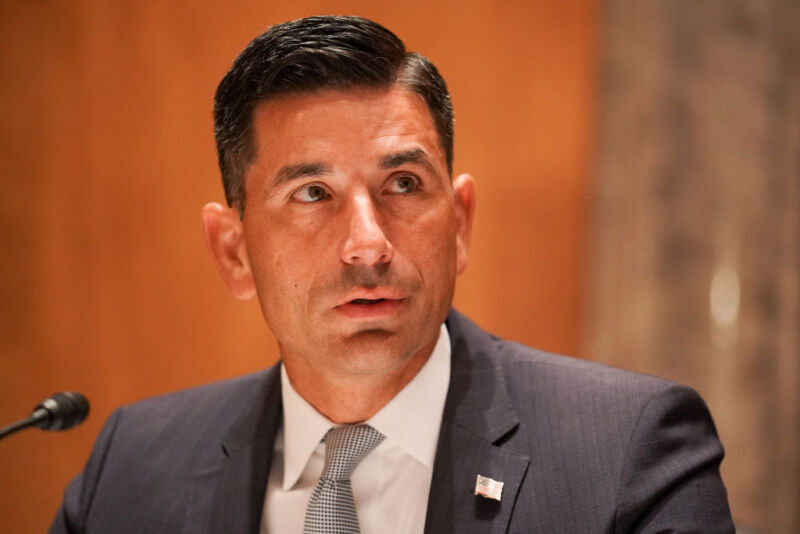-
 chevron_right
chevron_right
Big gaming companies get DHS help to keep players from becoming terrorists
news.movim.eu / ArsTechnica · Monday, 19 September, 2022 - 22:08

Enlarge (credit: Jun | iStock / Getty Images Plus )
Last December, the United Nations warned of an overlooked but critical "emerging terrorist threat”: extremists radicalizing members of online gaming communities.
Despite ample interest in saving gamers from such exploitation, experts say that a lack of research funding on the topic has put the gaming industry behind social networks when it comes to counterterrorism efforts. That’s starting to change, though. Within the past week, researchers told Ars that the US Department of Homeland Security has, for the first time, awarded funding —nearly $700,000—to a research group working directly with major gaming companies to develop effective counterterrorism methods and protect vulnerable gamers.
The new project will span two years. It’s spearheaded by Middlebury College's Institute of International Studies, which hosts the Center on Terrorism, Extremism, and Counterterrorism (CTEC). Vice reported that other partners include a nonprofit called Take This—which focuses on gaming impacts on mental health—and a tech company called Logically—which Vice says works “to solve the problem of bad online behavior at scale.”


